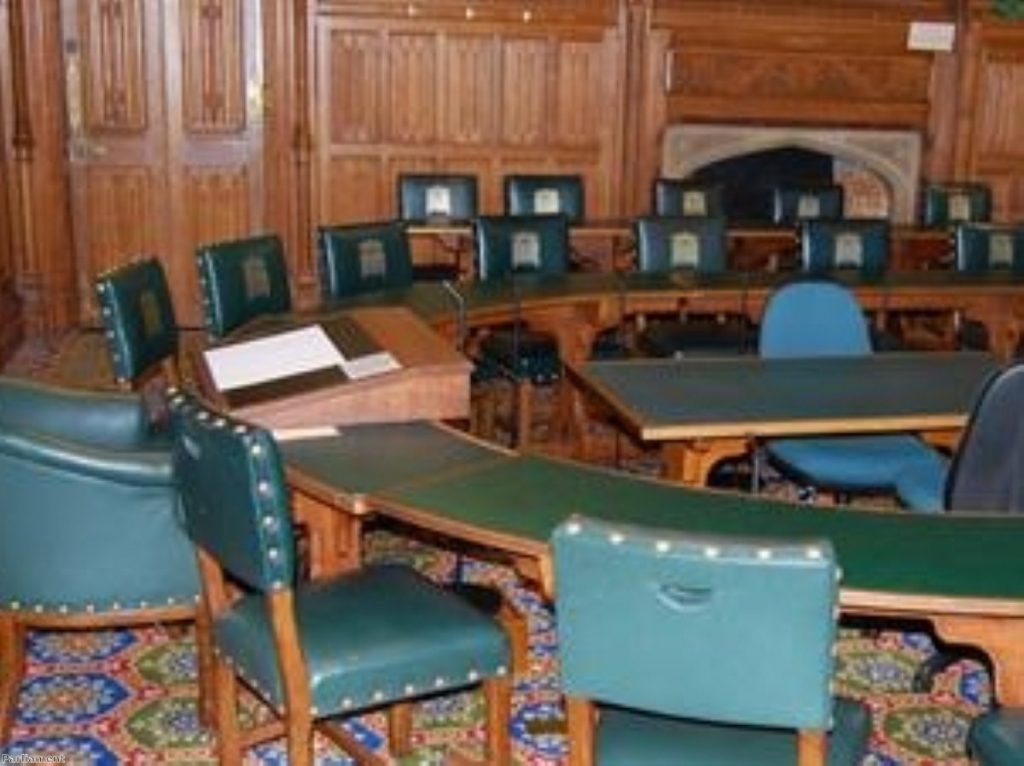MPs’ second jobs are a recipe for scandal. A new report, published by the think tank that I lead (the Institute for Constitutional and Democratic Research – “ICDR”) reveals the scale of the problem and proposes a simle remedy: MPs should not be permitted to speak or vote on issues where they have a conflict.
Second jobs are an anachronism from a pre-democratic age. When parliament was filled by aristocrats and their retainers, MPs received no salary. Only those with inherited wealth or the sort of job that permitted one to split one’s time with Westminster, could afford to attend parliament. It was not until 1911, when electoral reform raised the prospect of working classlegislators, that MPs were paid. Second jobs have, therefore, been unnecessary for over a century.
In the wake of the Owen Patterson scandal, the government to promised reform of the rules on second jobs. But its proposals were quietly abandoned once sufficient political cover/an even bigger scandal provided the opportunity.
Unsurprisingly a new series of scandals quickly began to trickle in. Lord Maude, Open Democracy reported,“used [an] official trip to tout for private work”. The Guardian have also reported that the Earl of Shrewsbury is currently under investigation in relation to lobbying allegations.


The ICDR investigation, drawing on reporting by Open Democracy, reveals a correlation between the financial interests and voting records of a number of MPs. Examples include the MP with financial interests in a private health insurer who tried to change the law to promote investment in health insurance; The MP working for an oil firm who compared climate change demonstrations to “radical Islam” and voted against measures to prevent climate change; The MP working for an investment bank who voted against taxes on finance sector bonuses; And the MP who works for a gambling firm while voting against regulation of gambling. More than 200 MPs have second jobs and are able to vote on issues that impact on their or their employer’s financial interests.
Correlation is not causation. Our research is not intended to accuse individuals of wrongdoing butto identify structural problems. We identify these as twofold: (1) Any second job creates a conflict of interest and (2) MPs are accountable to no one but themselves on ethical issues.
Most MPs will likely never be influenced by their employer. But the mere existence of a conflict creates a risk and, by extension, a perception amongst the public that they may be. This erodes confidence in our democracy. Best practice in most professions requires avoiding conflicts of interests. Lawyers generally cannot work on cases in which they have a personal stake in the outcome. Charity trustees and company board members must recuse themselves if a conflict, or the appearance of a conflict, arises. Doctors can’t be involved in matters where they have a financial or personal interests. All of these rules are enforced by independent regulators. Itsstrange that MPs, who hold positions of power and public trust far beyond those of lawyers, doctors, or board members, are not subject equivalent professional standards.
Our proposal targets the structural issue – the conflict of interest created by second jobs. MPs must be prohibited from speaking or voting on any issue where they have a financial conflict. This would mean that, if an MP wants to make some extra money working for an oil company, they could not speak or vote on issues affecting their employer’s interests (like climate change or fracking). It will, of course, be for that MPs’ constituents to determine whether they would prefer a representative that is able to speak and vote on the full panoply of public policy issues.
This might be criticised for depriving parliament of “relevant” expertise, but parliamentarians are supposed to be representatives, not experts (those who make the “expertise” argument never seem concerned about the lack of MPswith expertise like nursing, social work, or on the factory floor). Legislators should be incentivised to educate themselves about all issues and perspectives, not just those in their field.
Labour proposes that MPs be allowed to take jobs that are in the “public interest”. Yet the question of what jobs are in the “public interest” would be left to MPs themselves and would, consequently, always be subject to the potential for further conflicts of interests. There may, however, be a case for certain general exceptions. Parliamentarians with extensive property or share portfolios could avoid conflict by adopting the American practice of putting them in blind trust.
These rules must be enforced independently. If MPs remain their own judge and jury then there is no incentive for them to act ethically. Standards must be policed based on facts, not whether one can summon enough political allies to get away with it. Accordingly, appeal from decisions of the parliamentary standards commissioners should be to the courts, not the Commons or Lords. This would also introduce the element of “natural justice” that many Conservative members thought was missing from parliament’s treatment of Owen Patterson.
These proposals may seem radical, but they are merely bringing legislators into line with best practice amongst other professions. If MPs are not prepared to hold themselves to the same standards as they expect from the rest of us then they cannot expect our trust.












